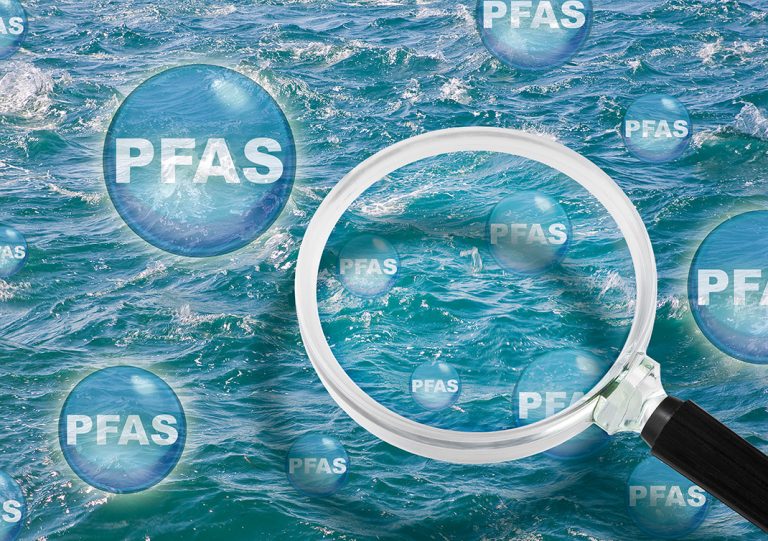Why the focus on PFAS?
PFAS is a blanket term used to describe Poly- and Per- fluoroalkyl substances. There are currently around 10,000 substances in existence that fit this description, with potentially more variants still yet to be produced. Some are already known to be harmful to human and animal health and the environment (such as PFOA and PFOS), and these specific PFAS are already controlled under legal restrictions. But in February 2023, The European Chemical Agency (ECHA) published a regulatory proposal to further restrict the manufacture, placing on the market, and use of all PFAS within the EU.

What are the consequences for seal manufacturers?
A broad ban on all PFAS would have a significant and direct impact on European industries and businesses that manufacture products using these substances; and will have consequences globally.
One particular concern is the fluoropolymers material group. These elastomers could be caught in any blanket ban of PFAS without any exemption.
These materials are essential in a wide variety of applications in the food, medical, pharmaceutical, clean energy, semiconductor, electronics, oil & gas, chemical, automotive and electric vehicle industries.
These fluoropolymers include materials used in high performance sealing solutions, such as PTFE and PVDF plastics, and FKM, FFKM and FVMQ elastomers.
What's the problem?

There is substantial scientific evidence to show that fluoropolymers demonstrate unique characteristics that mean they do not pose significant risk to the environment, or to human health as they’re not bio-available, toxic or mobile.
They do not dissolve in or contaminate water, or generate microplastics, and as a result cannot enter or accumulate in a person’s bloodstream.
They meet the criteria specified by the Organisation for Economic Cooperation and Development (OECD) as “polymers of low concern” as they present no significant toxicity concerns, and do not degrade into other PFAS chemicals.
Fluoropolymers far outperform other sealing materials in countless applications. To put it simply; they seal tighter, last longer and survive harsher application environments considerably better than any other available materials.
Fluoropolymers add irreplaceable value to society, and contribute significantly to environmental sustainability.

What do we do?
We fully support restricting the use of PFAS chemicals that are known to be harmful to our health or our environment; but we believe grouping all PFAS within a restriction would be a mistake.
Fluoropolymers do not have the toxicological and environmental profiles of other PFAS, and prolonged existence alone is not justification to restrict a substance under REACH.
We already work proactively to ensure the products we put to market are safe, compliant with legislation, and utilise the latest sustainability developments to minimise our impact on the environment – during manufacture, in use and at end-of-life. As a company with high environmental, social and governance standards we will continue to do so, whenever and whatever new legislation comes into force.
But we believe the sealing industry, it’s many customers, end users and indeed society as a whole, need specific derogations and exemptions for fluoropolymers (free of any time limitations) to be included in any legislation covering PFAS substances.
To learn more about our key industries and our sealing solutions, read HERE
As we have done, we strongly encouraged any individual or organisation that may be impacted by a ban to engage with ECHA during their consultation period on this proposed restriction (which ended on 25th September 2023).